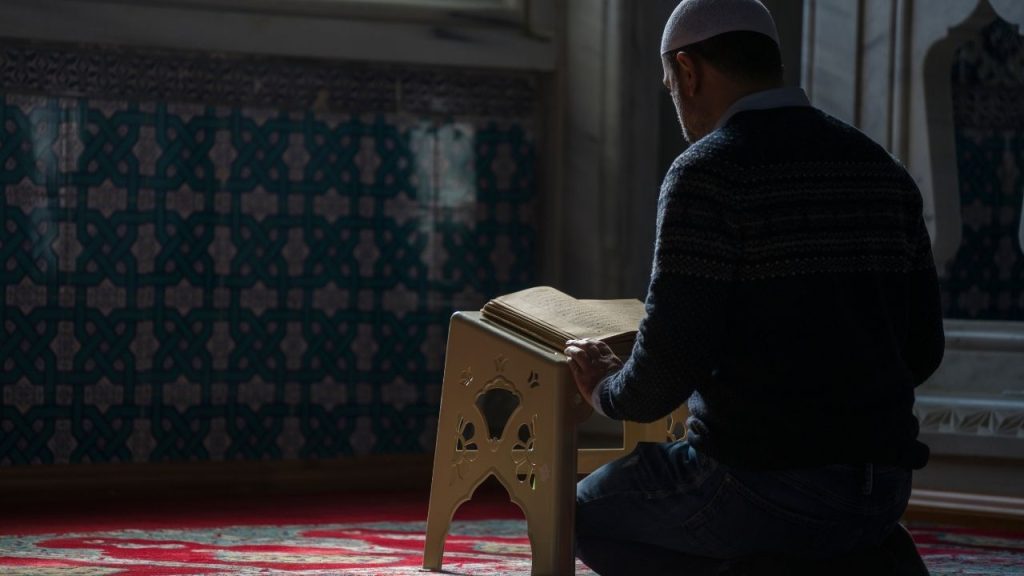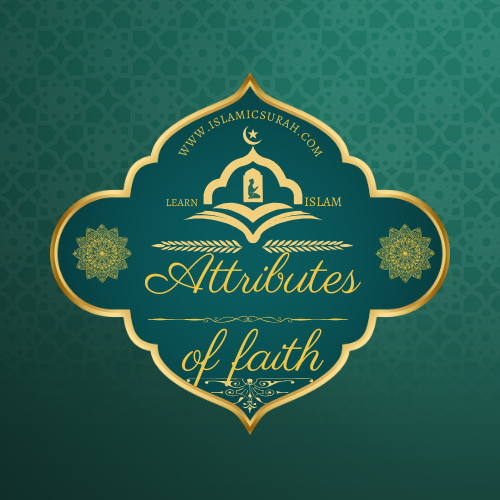The Five Pillars of Islam are fundamental acts of worship and the foundation of a Muslim’s faith and practice. These five pillars are Shahada (Faith), Salah (Prayer), Rozah (Fasting), Zakat (Charity)and Hajj (Pilgrimage) .If a Muslim does not have these 5 Arkan-e-Islam, his faith remains incomplete.
The declaration of faith, stating that “There is no god but Allah, and Muhammad is the messenger of Allah.” This is the basic creed of Islam and must be recited with conviction at least once in a lifetime. Performing the five daily prayers (Fajr, Dhuhr, Asr, Maghrib, and Isha). These prayers are a direct link between the worshipper and Allah. Fasting during the month of Ramadan. Muslims abstain from food, drink, and other physical needs from dawn to sunset. Giving to charity to benefit the poor and the needy. It is obligatory for all Muslims who can afford it and is typically 2.5% of a person’s savings. Performing the pilgrimage to Mecca at least once in a lifetime, if physically and financially able. Hajj takes place during the Islamic month of Dhu al-Hijjah. Now we describe 5 pillars of islam in following:
Qalma/ Shahada (Faith)
The Shahada is the declaration of faith, the first and most important pillar. It states, “There is no god but Allah, and Muhammad is the messenger of Allah.” This simple yet profound statement affirms the monotheistic nature of Islam and the belief in the prophethood of Muhammad (PBUH). Reciting the Shahada with sincere belief is the entry point into the Islamic faith. It emphasizes the oneness of God and the central role of Muhammad (PBUH) as His final prophet.
اَشْهَدُ اَنْ لَّآ اِلٰهَ اِلَّا اللهُ وَحْدَہٗ لَاشَرِيْكَ لَہٗ وَاَشْهَدُ اَنَّ مُحَمَّدًا عَبْدُهٗ وَرَسُولُہٗ

Namaz/ Prayer
Salah, the second pillar, is the performance of the five daily prayers. These prayers are Fajr (pre-dawn), Dhuhr (noon), Asr (afternoon), Maghrib (sunset), and Isha (night). Salah serves as a direct link between the worshipper and Allah, providing structure and discipline to a Muslim’s day. The prayers include recitations from the Quran and specific physical movements, such as bowing and prostrating, symbolizing submission and humility before Allah. Regular prayer fosters a sense of spiritual discipline and mindfulness of God.

Rozah/ Fasting
Sawm, the fourth pillar, refers to fasting during the month of Ramadan. Muslims abstain from food, drink, and other physical needs from dawn until sunset. Fasting serves multiple purposes: it cultivates self-discipline, spiritual growth, and empathy for the less fortunate. The act of fasting purifies the soul, teaches patience and humility, and strengthens one’s relationship with Allah. The fast is broken each day with a meal called Iftar, often shared with family and community members.

Zakat/ Charity
Zakat, the third pillar, is the obligatory giving of a portion of one’s wealth to those in need. Typically, this amounts to 2.5% of a Muslim’s savings. Zakat purifies wealth by recognizing that all possessions are a trust from Allah and ensures the redistribution of wealth to promote social equity. It is used to support the poor, the needy, and other specified groups. By fulfilling this obligation, Muslims cultivate a sense of generosity, compassion, and social responsibility.

Hajj/ Pilgrimage
Hajj, the fifth pillar, is the pilgrimage to Mecca that every Muslim must perform at least once in their lifetime, provided they are physically and financially able. Hajj occurs annually during the Islamic month of Dhu al-Hijjah. Pilgrims engage in a series of rituals, including the Tawaf (circling the Kaaba) and the Sa’i (walking between the hills of Safa and Marwah). Hajj represents the unity and equality of Muslims worldwide, as pilgrims from diverse backgrounds gather in worship and devotion.

Summary Of Five Pillars Of Islam:
In summary, the Five Pillars of Islam provide a comprehensive framework for a Muslim’s faith and practice. They cultivate a balanced spiritual life, emphasizing devotion to Allah, discipline, charity, empathy, and community. Through adherence to these pillars, Muslims seek to achieve spiritual fulfillment and righteousness.

